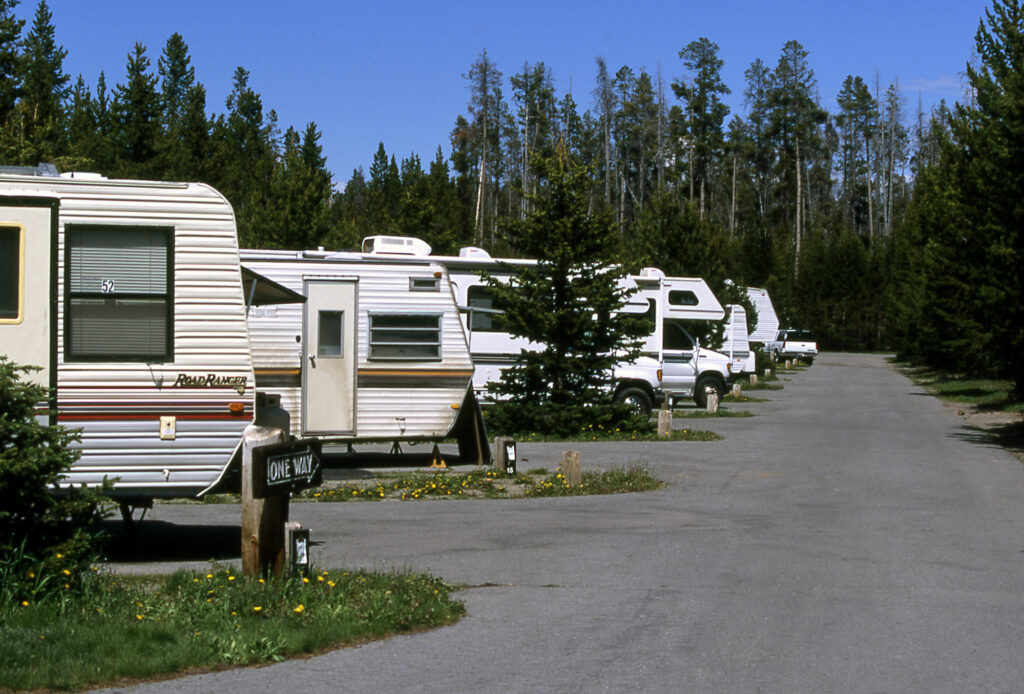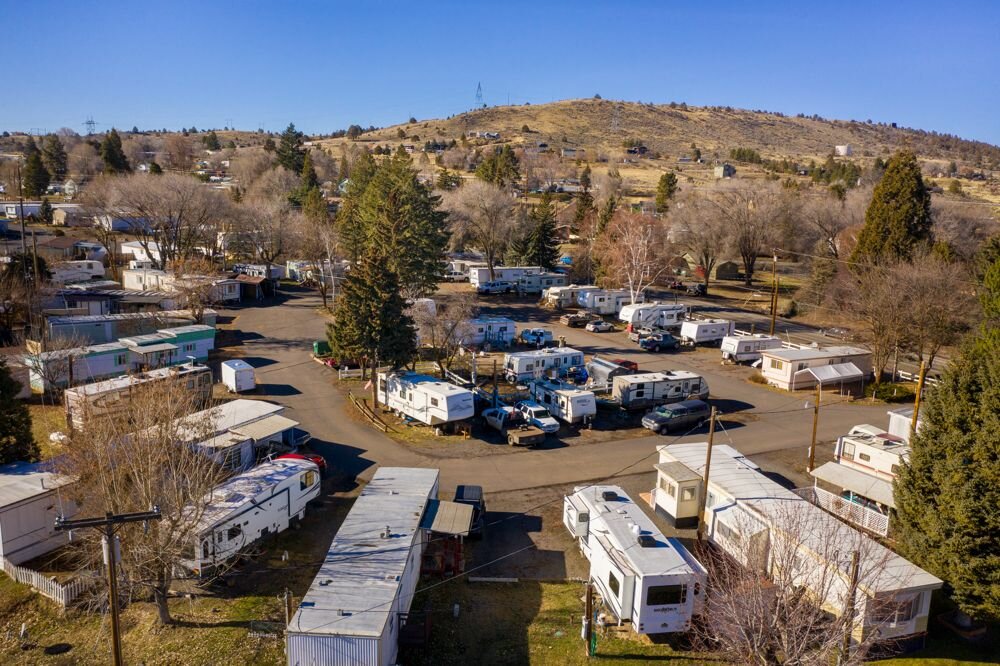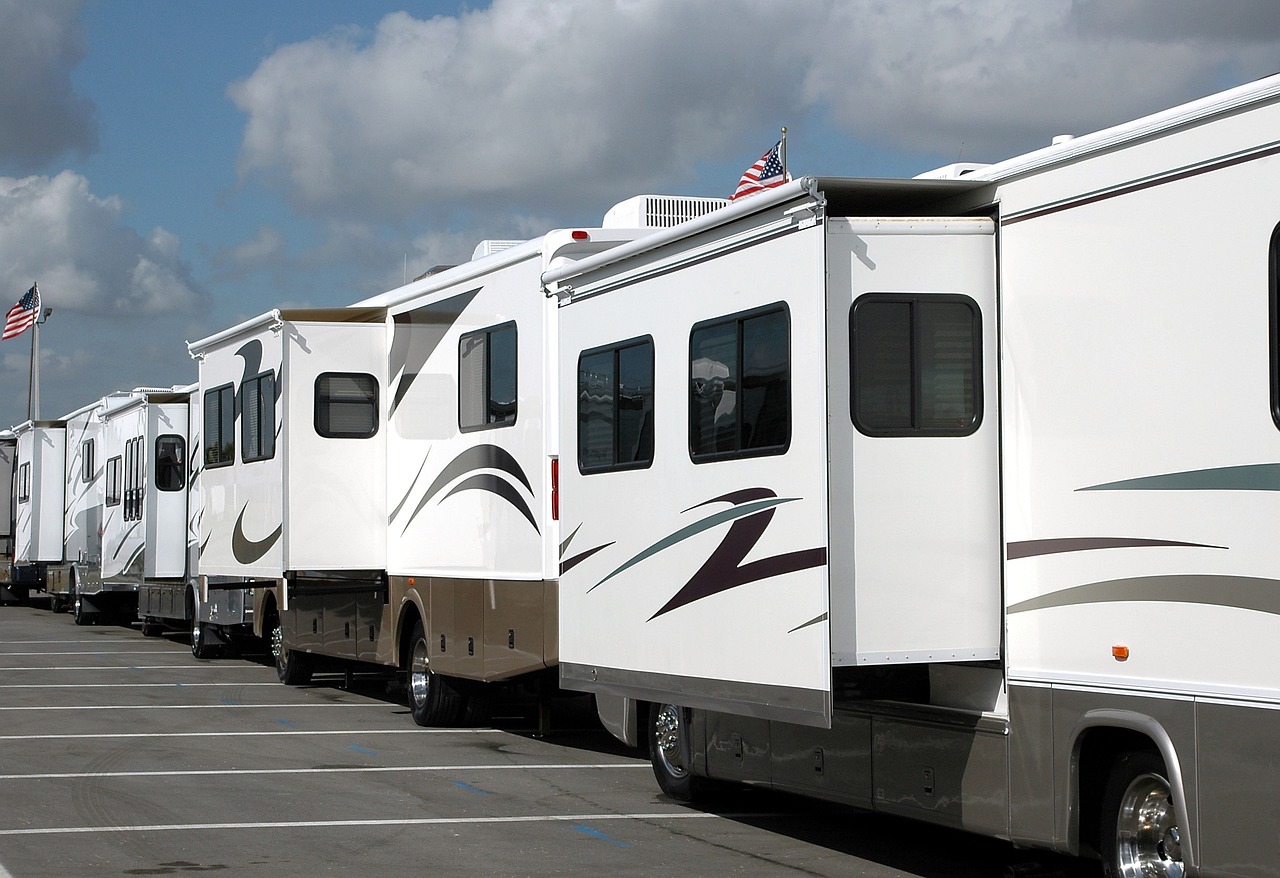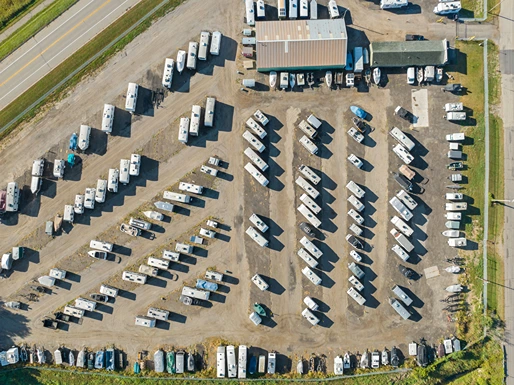Choosing the right cover for your recreational vehicle (RV) is an important decision that can greatly impact the longevity and condition of your RV during storage. Proper RV storage covers are essential in safeguarding your vehicle from the elements. This article will guide you through various factors to consider when selecting an RV cover, ensuring you make an informed decision. Keep in mind that while covers can offer many benefits, no solution is perfect. Thus, it’s crucial to weigh your options carefully.

Why an RV Storage Cover is Essential
Protecting your RV from the elements is crucial for maintaining its value and appearance. A good RV cover can help safeguard your vehicle from harmful UV rays, rain, snow, dust, and other environmental hazards. While an RV cover may not guarantee complete protection, it can significantly reduce the risk of damage.
Factors to Consider When Choosing an RV Storage Cover
When selecting an RV storage cover, several factors come into play. It’s essential to evaluate these aspects to find a cover that suits your needs.
1. Material Quality
The material of the RV cover is perhaps the most critical factor to consider. Most covers are made from polyester, polypropylene, or polyethylene. Each material has its advantages and drawbacks:
- Polyester: Known for its durability and UV resistance, polyester covers are great for sunny climates. However, they may not be as waterproof as other options.
- Polypropylene: This material is breathable and can help prevent moisture buildup. It’s suitable for areas with moderate weather conditions but may not provide adequate protection in harsh climates.
- Polyethylene: Offering excellent waterproofing, polyethylene covers are ideal for rainy regions. However, they might not be as breathable, potentially leading to moisture issues.
Choose a cover material that aligns with your specific climate needs. Remember, no single material is perfect for all situations.
2. Size and Fit
An ill-fitting cover can cause more harm than good. It may flap in the wind, causing scratches and wear on your RV’s surface. Conversely, a cover that is too tight may tear easily. To find the right fit:
- Measure your RV’s length, width, and height accurately.
- Consider any additional features like mirrors, antennas, or air conditioners.
- Look for covers with adjustable straps or elasticized hems for a snug fit.
While you might not achieve a perfect fit, taking these steps can help ensure your cover fits as well as possible.
Call us NOW to secure your booking and store your prized RV in Mason City, Iowa. We’ve got it all!
3. Climate Considerations
The climate in which you store your RV will greatly influence the type of cover you should choose. Different covers provide varying levels of protection based on weather conditions:
- Sunny Climates: In areas with intense sunlight, UV-resistant covers can prevent fading and cracking of your RV’s exterior.
- Rainy or Humid Climates: Waterproof covers are essential in wet environments. However, ensure the cover is breathable to prevent mold and mildew.
- Cold Climates: If you store your RV in a region with freezing temperatures and snow, opt for a heavy-duty cover that can withstand harsh conditions.
Assess your local climate and choose a cover that addresses its challenges. While a cover can’t eliminate all weather-related risks, it can provide significant protection.
4. Breathability for RV Storage
A breathable cover is crucial for preventing moisture accumulation under the cover. Moisture can lead to mold, mildew, and corrosion. Look for covers with:
- Vents: Vents allow air circulation, reducing the chance of condensation.
- Moisture-Wicking Properties: Some materials naturally wick away moisture, keeping the RV dry.
While breathability is essential, it must be balanced with other protective features like waterproofing.

Types of RV Storage Covers
RV covers come in various types, each designed for specific needs. Consider the following options:
1. Full RV Covers
Full covers provide comprehensive protection for your entire RV. They are suitable for long-term storage and harsh weather conditions. These covers can help keep your RV clean and safe from environmental damage. However, they can be cumbersome to put on and remove.
2. Roof-Only Covers
Roof-only covers protect the top of your RV from UV rays and precipitation. They are easier to install than full covers and allow for more ventilation. Roof-only covers are ideal for those who need quick and convenient protection.
3. Tire Covers
Tires are particularly vulnerable to UV damage and temperature fluctuations. Tire covers protect your RV’s tires from cracking and deterioration. They are a simple yet effective way to extend the life of your tires.
Installation and Maintenance Tips
Proper installation and maintenance of your RV cover can enhance its effectiveness and lifespan. Here are some tips:
- Installation: Follow the manufacturer’s instructions carefully. Enlist help if needed to avoid damaging the cover or your RV during installation.
- Regular Inspection: Check your cover periodically for tears, mold, or mildew. Address any issues promptly to prevent further damage.
- Cleaning: Clean your cover according to the manufacturer’s guidelines. Keeping it clean will ensure it continues to provide optimal protection.
By taking these steps, you can maximize the benefits of your RV cover.
Pros and Cons of Using RV Storage Covers
Like any protective measure, RV covers have their pros and cons. Consider these points before making your decision:
Pros
- Protection from Elements: Covers can shield your RV from UV rays, rain, snow, and debris.
- Maintains Appearance: Covers help prevent fading, peeling, and damage to your RV’s exterior.
- Cost-Effective: Compared to other storage solutions, covers are a relatively affordable option.
Cons
- Installation Effort: Installing and removing covers can be time-consuming and challenging.
- Potential for Moisture Issues: Without proper ventilation, covers can trap moisture, leading to mold and mildew.
Understanding these pros and cons will help you make an informed decision about whether an RV cover is right for you.
Conclusion
Choosing the right RV cover is an important step in protecting your investment. Consider the material, size, climate, and type of cover that best suit your needs. While no cover can offer complete protection, a well-chosen cover can significantly reduce the risk of damage. By carefully evaluating your options, you can ensure your RV remains in great condition for years to come.
In the end, the right cover can help preserve your RV’s value and extend its lifespan. Take the time to research and select the cover that meets your specific requirements. While challenges may arise, a thoughtful approach to choosing an RV cover can provide peace of mind and protect your vehicle effectively.
Are you interested in learning more about RV Storage in Mason City, Iowa? Contact us HERE to secure your RV or Boat today!
Disclaimer:
The information provided is intended for educational purposes only and should not be taken as advice nor are there guarantees of any kind.


